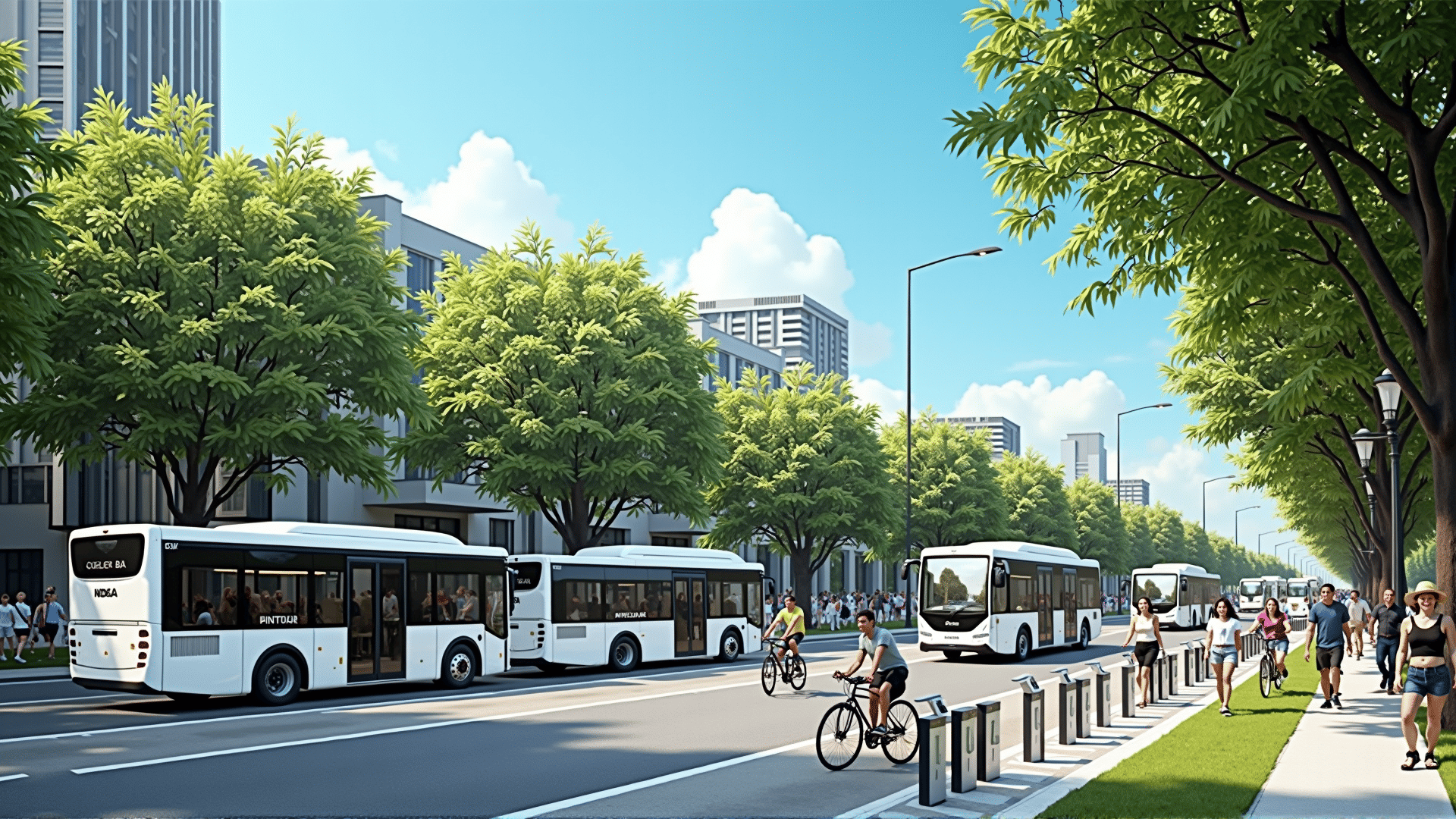In recent years, the emphasis on sustainable living has taken center stage, with transportation playing a crucial role in this movement towards a greener planet. As concerns about environmental conservation grow, the shift towards eco-friendly transportation solutions continues to accelerate. A significant part of this transition involves the adoption of electric and hybrid vehicles, marking a transformative step in reducing our carbon footprint.
Electric vehicles (EVs) have emerged as a frontrunner in the quest for sustainable transportation. These vehicles eliminate the need for traditional fuel sources, relying instead on electricity to power their engines. As a result, EVs produce zero exhaust emissions, which substantially cuts down on air pollutants and greenhouse gases. The growing network of charging stations across urban and rural areas supports the increased use of EVs, making them a viable option for a wider range of consumers.
Hybrid vehicles offer another innovative approach by combining internal combustion engines with electric propulsion systems. This dual technology allows these vehicles to switch between or simultaneously utilize both power sources, enhancing fuel efficiency and reducing harmful emissions. Hybrids serve as a transitional step for those not yet ready to fully commit to a complete electric experience, providing an eco-conscious alternative without sacrificing performance or convenience.
Furthermore, advances in battery technology have played a pivotal role in the proliferation of both electric and hybrid vehicles. Modern batteries boast improved life spans, reduced charging times, and lower costs, making these vehicles more accessible and appealing. Innovations in renewable energy sources, such as solar and wind power, further complement this advancement by providing sustainable means to charge EVs, closing the loop on green transportation.
The adoption of these vehicles has been complemented by a range of policies and incentives aimed at promoting sustainable transportation. Efforts such as tax rebates, reduced registration fees, and dedicated parking for electric vehicles are encouraging more individuals to make the switch. Additionally, investment in public transportation systems designed to incorporate eco-friendly technologies is on the rise. Electric buses and trains are being integrated into public transit networks, offering efficient, low-emission options for daily commuting.
Car-sharing and ride-hailing services now also prioritize eco-friendly fleets, offering consumers the option to select hybrid or electric vehicles for their journeys. This shift not only addresses environmental concerns but also caters to a growing demographic of environmentally conscious travelers.
Alternative modes of transportation, such as cycling and walking, are seeing renewed interest and investment, supported by city planners who are redesigning urban spaces to accommodate these clean, human-powered methods. Cycle lanes, pedestrian-friendly pathways, and comprehensive bike-share programs are becoming common features in cities worldwide, encouraging healthier, emissions-free travel.
In conclusion, the combined efforts in advancing technology, policy initiatives, and urban planning are driving significant changes in how we approach transportation. By embracing electric and hybrid vehicles, along with promoting alternative travel methods, we take meaningful steps towards reducing our environmental footprint. These eco-friendly transportation initiatives not only foster a healthier planet but also pave the way for future innovations in how we move.
